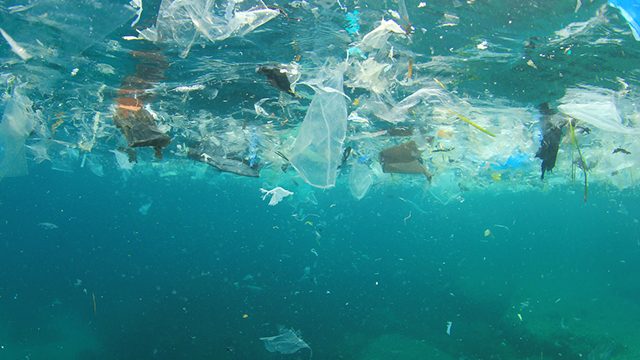SUMMARY
This is AI generated summarization, which may have errors. For context, always refer to the full article.

MARSEILLE, France – The Mediterranean could become a “sea of plastic”, the WWF warned on Friday, June 8, in a report calling for measures to clean up one of the world’s worst affected bodies of water.
The WWF said the Mediterranean had record levels of “micro-plastics,” the tiny pieces of plastic less than 5 millimeters (0.2 inches) in size which can be found increasingly in the food chain posing a threat to human health.
“The concentration of micro-plastics is nearly 4 times higher” in the Mediterranean compared with open seas elsewhere in the world, said the report, “Out of the Plastic Trap: Saving the Mediterranean from Plastic Pollution.”
The problem, as all over the world, is simply that plastics have become an essential part of our daily lives while recycling only accounts for a 3rd of the waste in Europe.
Plastic represents 95% of the waste floating in the Mediterranean and on its beaches, with most coming from Turkey and Spain, followed by Italy, Egypt and France, the report said.
To tackle the problem, there has to be an international agreement to reduce the dumping of plastic waste and to help clear up the mess at sea, the WWF said.
All countries around the Mediterranean should boost recycling, ban single-use plastics such as bags and bottles, and phase out the use of micro plastics in detergents or cosmetics by 2025.
The plastics industry itself should develop recyclable and compostable products made out of renewable raw materials, not chemicals derived from oil.
Individuals too have their role to play, making personal choices such as to use combs or kitchen utensils made of wood, not plastic, the WWF said. – Rappler.com
Plastic pollution image via Shutterstock
Add a comment
How does this make you feel?





There are no comments yet. Add your comment to start the conversation.